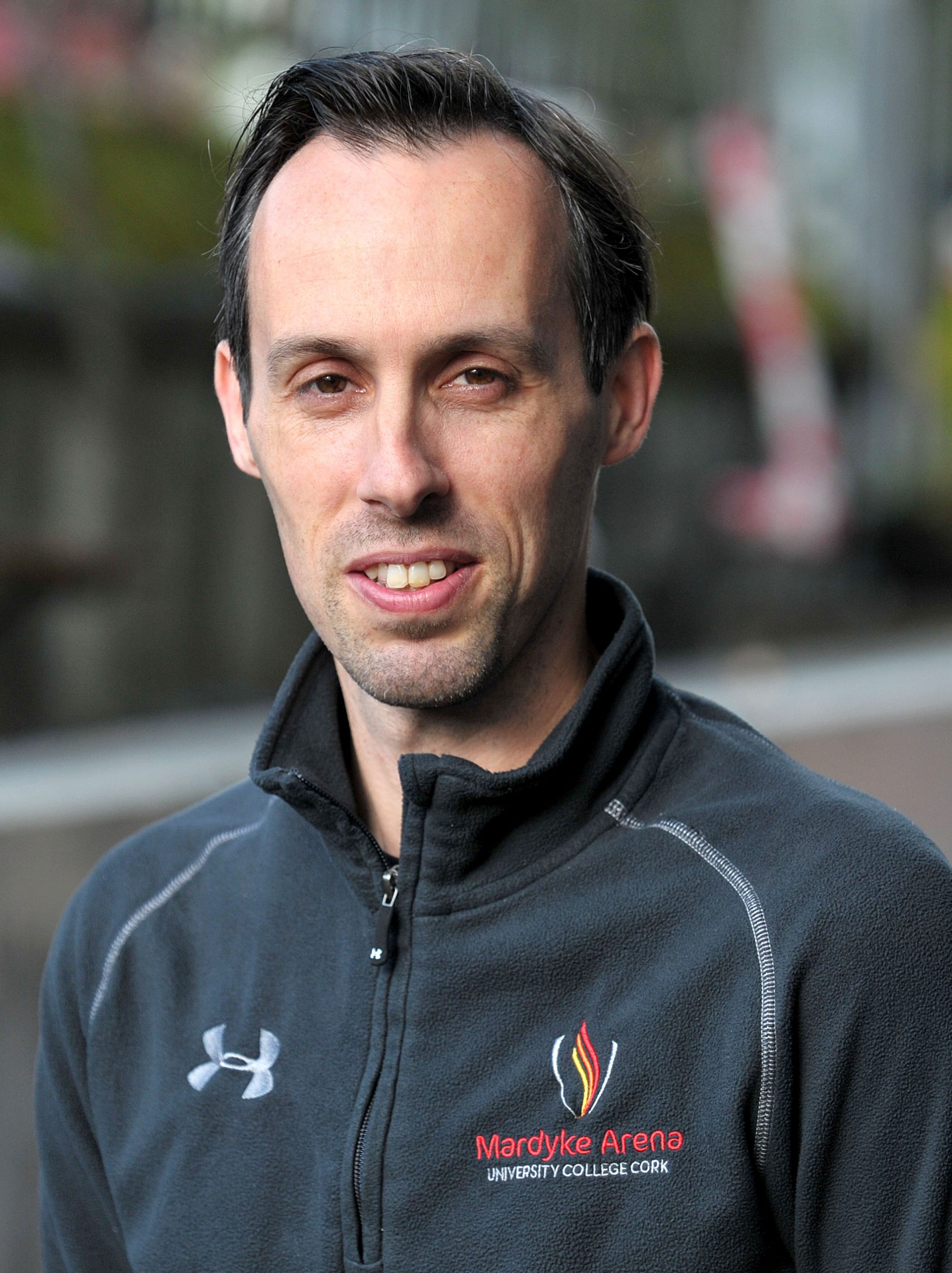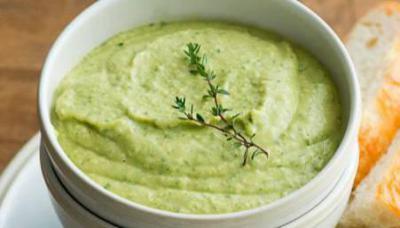30th June 2020
The Mardyke Arena UCC have teamed up with The Echo for our new campaign ‘Keeping Cork Healthy’ series to give the Cork community weekly tips on how they can stay fit and healthy during this lock down period.
In this week’s edition read our advice on how to keep moving for a healthy mind and body, and how to develop a growth mindset.
It’s time to talk about movement
THE global situation in which we find ourselves is pushing us to revaluate our relationship with our fitness and wellbeing, writes Jeff Gomez, High Performance Manager at the Mardyke Arena UCC & UCC Sport.
Suddenly, the commute has been reduced from a 30 minute drive to a 30 second walk, from the bed to the bathroom, then to the kitchen.
Our daily step count drastically dropped from a healthy five digits to a mere four, while we are struggling to keep our wellbeing and mental health above water (and bodyweight in check!).
The human movement can be complex but nuanced at the same time. A tightness in your hamstrings/hip flexors (created by that extra couple of hours watching Netflix) will insidiously affect your stride later on that evening when you go for your daily jog.

Thanks to technology, our screens are awash with tips on workouts and how to stay healthy in these testing times. Please understand that you do not need to reinvent yourself and definitely do not need to put yourself under pressure to keep performing.
The only thing you need to focus on is your schedule and how/when you are going to integrate your daily walk(s) in your timetable and how you are going to look after your wellbeing.
Unless you are an avid fitness enthusiast or a high performance athlete, you do not need an hour of mobility per day to feel good: think more in terms of microburst. 5 to 6 minutes with a series of exercises, a couple of times a day will help you to infuse your body with mental and physical benefits.
So, before picking up your phone in the morning: create a bubble, make sure to breathe and glide through these movements (note: these movements can be easily found on the internet):
- Box breathing
- Spiderman rotation
- Glute bridge (or single leg if you want to)
- Thread the needle
- Wall hip flexor mobility
- Rocking Frog
- Bent over T spine rotation
- Supine hamstring stretch with strap
**********

Developing a growth mind-set
People with a growth mind-set cope better, feel less stress, and find it easier to build resilience, writes Dr Margaret O’Rourke, Chartered Clinical Psychologist at University College Cork.
Developing a growth mind-set can really boost you mind and body strength. People with a growth mind-set never stop learning.
Your ability to adapt and learn new ways of solving issues will serve you and your family well especially now during the health crisis.
See if you can reframe setbacks, failures and mistakes as if they are all opportunities to improve and grow.
Face challenges and new experiences with a growth mind-set and allow yourself to be human. Learn to “cut yourself some slack”.
“Anyone who has never made a mistake has never tried anything new“ — Albert Eistein
When you encounter obstacles and barriers and ACT to remove them quickly, notice and name solutions and small wins. When you have a difficult or hectic day make sure you seek out the “wins” of the day, list at least three, and remind yourself how much you are growing, learning and achieving in the most challenging of times.
**********

The Physio Corner with the arena clinic:
Are you suffering with Osteoarthritis?
Osteoarthritis (OA) is characterised by a progressive loss of articular cartilage, joint space narrowing and osteophyte formation, writes Laura Harrington, Chartered Physiotherapist at the arena clinic at the Mardyke Arena UCC.
The daily stresses applied to the joints, especially the weight bearing joints (hip and knee) play an important role in the development of OA.
Risk Factors include: Age, obesity, genetics, muscle weakness, trauma, repetitive use, previous surgical procedures and inflammatory conditions.
Aetiology
The causes of OA are several and include various mechanical, biomechanical and genetic factors. The progression is characteristically slow, occurring over many years. Early on, joints appear normal. However, as the disease progresses, one’s mobility may become affected if the hip and knee are involved.
Pain is usually the initial source of immobility, with the patient complaining of a dull, localised, throbbing type pain, which is ordinarily aggravated with over-use. Moreover, one may report reduced movement within the joint as well as crepitus (grinding, clicking sensations). Stiffness during rest may be reported.
Physiotherapy Management
The most recent evidence-based treatment guidelines on OA research suggest that OA treatment should be multidisciplinary, with non-pharmalogical treatment such as physiotherapy as the “cornerstone” of management.
Here at the arena clinic, we are lucky enough to have state of the art facilities to help with our treatment approach. Hydrotherapy and Alter G Anti- Gravity treadmills are used to facilitate this.
Pilates and an eventual progression to the cardio/ resistance gyms are options later on in the treatment process where a dedicated cardio and weights based programme can increase joint mobility and muscle flexibility, as well as improve cardio fitness and muscle strength.
Education and hands on treatment in the clinic room are also provided to help alleviate symptoms and deter further disease progression.
During these unprecedented times, pain-free aerobic exercise such as walking, cycling and aquatics should be carried out to help maintain movement. Gentle Quadriceps (VMO setting exercises, Straight Leg Raise and Inner Range Quads) and gluteal strengthening exercises (Glute Bridge, side lying leg raise, glute clams) should also be carried out to help stabilise the joints most affected: knee and hip. Lower limb stretching (Quads, hamstring and calf) can also be implemented in the short term.
Google the above exercise for further clarity if you’re unsure how to correctly perform them. All of the above should be relatively pain-free throughout.
If your symptoms continue to persist, please do not hesitate to contact the clinic for further advice and assistance. It’s important to continue to exercise during these challenging times for both physical and mental wellbeing.
As part of the Keeping Cork Healthy campaign the arena clinic are offering free consultations to the Cork Community. If you or a family member have any queries on the above, get in touch by emailing the arenaclinic@ucc.ie
**********

Recipe of the Week: Simple Basil Hummus, by Mary Carmody, Nutritional Consultant
Ingredients:
2 tbsps. of olive oil
1 can of chickpeas rinsed and drained
1 tbsp of lemon juice
2 cloves of garlic, crushed
1 tbsp of tahini
1 tbsp fresh basil (grow on your windowsill) or you could also use fresh coriander
A pinch or two of sea salt or Himalayan salt
Method:
- Blend all the ingredients in a blender until smooth and serve with 1-2 oatcakes or with some wholemeal bread and some salad or crudités.
- Note: You could switch the herbs to include coriander instead of basil.
- Store in a fridge in a container for up to 5 days.
Check out www.marycarmodynutrition.ie for more healthy tips & recipes.
**********
Join in with Free Fitness Classes Online
The Mardyke Arena UCC are running Fitness Classes Online via the Mardyke Arena UCC Facebook page.
Here is the Fitness Class schedule:
- Monday – HIIT – 6pm
- Tuesday – Legs, Bums & Tums – 6pm
- Wednesday – Pilates for all – 6pm
- Thursday – Legs, Bums & Tums – 6pm
- Friday – HIIT – 1pm
**********
Next week:
Activity after a long lay-off, open water swimming, and changing diet habits.
**********
Catch up:
Click link to all our home work-out videos.
Click here to catch up on Keeping Cork Healthy: Week 1 – Keep fit, in your home
Click here to catch up on Keeping Cork Healthy: Week 2 – Strong body & mind
Click here to catch up on Keeping Cork Healthy: Week 3 – Minding your mental health
Click here to catch up on Keeping Cork Healthy: Week 5 – Beware of common injuries
Click here to catch up on Keeping Cork Healthy: Week 6 – Diet tips to help boost your health
Click here to catch up on Keeping Cork Healthy: Week 7 – Mindful eating
Click here to catch up on Keeping Cork Healthy: Week 8 – Fitness for all abilities
Click here to catch up on Keeping Cork Healthy: Week 9 – Flexibility is your friend
Click here to catch up on Keeping Cork Healthy: Week 10 – 10 top tips for fitness
Click here to catch up on Keeping Cork Healthy: Week 11 – Changing your goals


 Return to the News section
Return to the News section